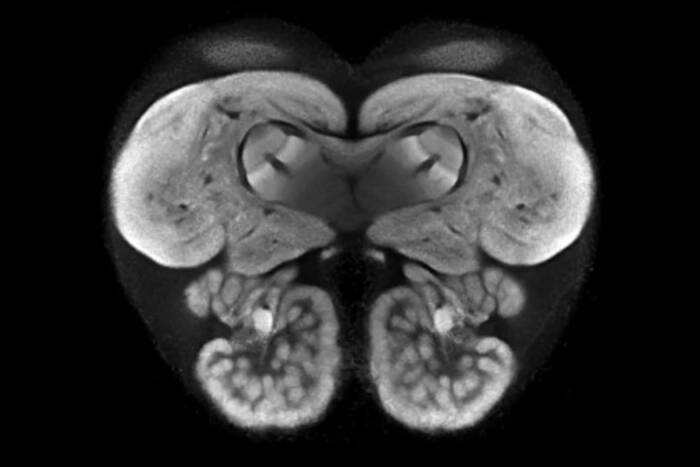Titia de Lange receives AACR Clowes Award
Titia de Lange, a cell biologist who studies how the erosion of chromosome ends is related to the development of cancer, was awarded the G.H.A. Clowes Memorial Award from the American Association for Cancer Research this week.
de Lange, who is the Leon Hess Professor at Rockefeller and an American Cancer Society Professor, is head of the Laboratory of Cell Biology and Genetics. She focuses on how telomeres protect chromosome ends. de Lange identified a protein complex at telomeres, called shelterin, and has shown how this complex hides the chromosome end from the cellular machinery that detects and repairs broken DNA ends. Telomeres undergo erosion in the early stages of cancer development and de Lange’s work has clarified how the loss of telomere function generates genome instability and can drive cancer progression.
A native of the Netherlands, de Lange received her Ph.D. from the University of Amsterdam, and came to Rockefeller University in 1990. She is a foreign associate of the National Academy of Sciences and has received the Paul Marks Prize for Cancer Research and the National Institutes of Health Director’s Pioneer Award, among other honors.
The Clowes Award was established in 1961 to honor George H.A. Clowes, a founding member of the AACR. It is given annually to an individual with outstanding recent accomplishments in basic cancer research. The prize is jointly sponsored by the AACR and Eli Lilly and Company.
Previous Rockefeller recipients of the Clowes Award are Peyton Rous, Hidesaburo Hanafusa and Arnold J. Levine.


